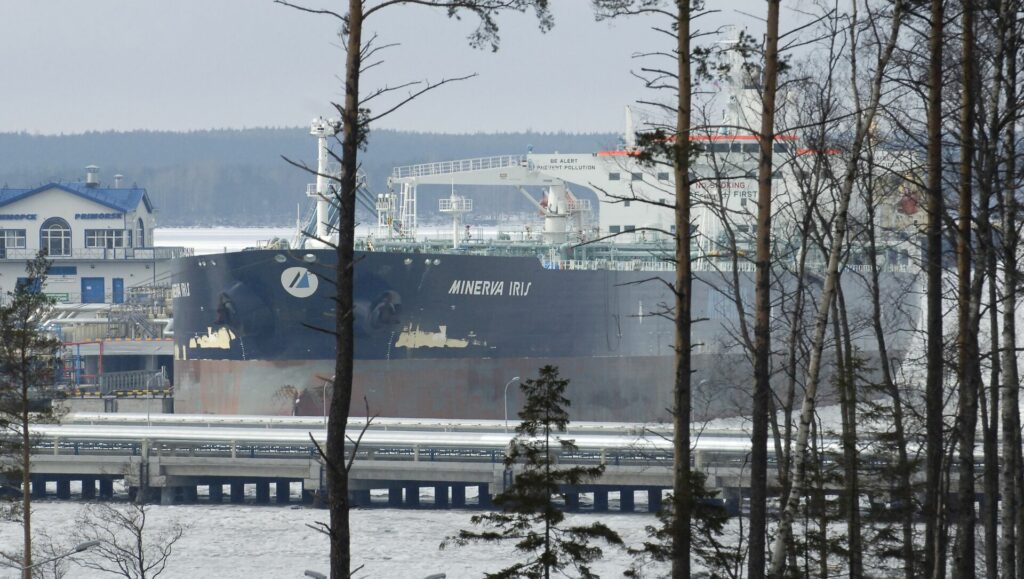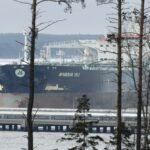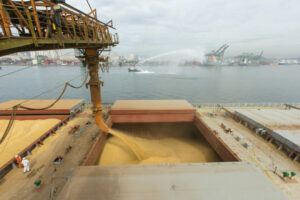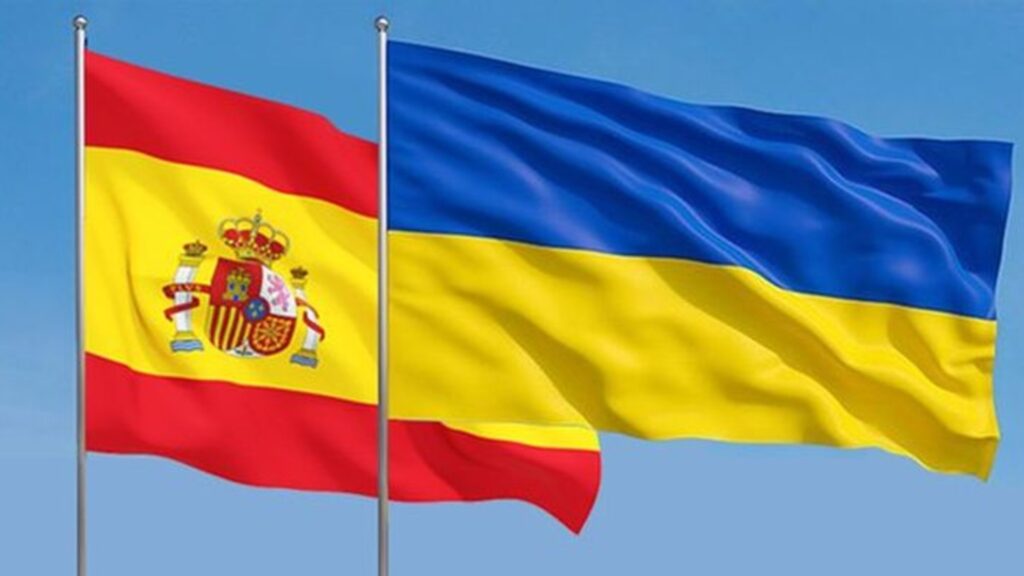Russia neglects the safety of its own ships in order to increase oil exports

Russia is risking the safety of its own ships and crews in order to increase oil exports.
Now the ports of the Russian Federation work during strong storms, because the terrorist country eased the restrictions for ships in winter, Reuters reports.
After the introduction of the EU oil embargo, Russia relies on maritime supplies of its energy resources.
Traders and analysts say the easing of weather restrictions carries technical and environmental risks but could help profits for Russia, which is heavily dependent on oil. Russian pipeline monopoly Transneft, which controls pipelines and oil terminals, is looking to optimize its storm warning system at the Black Sea port of Novorossiysk to increase loading times before and after storms.
Three traders involved in Russian oil exports said ports had been advised informally to continue loading during storms and to ease ice controls as much as possible to allow more tankers to enter ports. According to one of the traders, loading continued in Novorossiysk when the wave height was 2-3 meters, compared to the norm of 1.5 m for mooring a vessel.
Russia has also eased ice-class restrictions for vessels calling at its Baltic ports, including the main export ports of Primorsk and Ust-Luga.
The Deputy Prime Minister of the Russian Federation for Ecology, Victoria Abramchenko, said that the Russian Federation is allegedly not going to relax weather restrictions for ships.
Previously, USM reported that due to Western sanctions, Russia is experiencing a shortage of gas carriers for the transportation of liquefied petroleum gas from the Baltic port of Ust-Luga.
It also became known that five tankers with unsold Russian oil have been idle in the Baltic Sea for at least a week.





